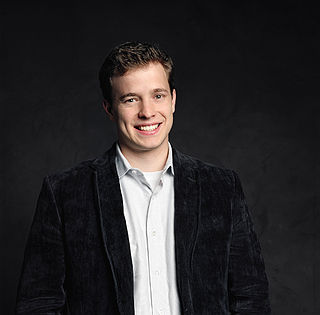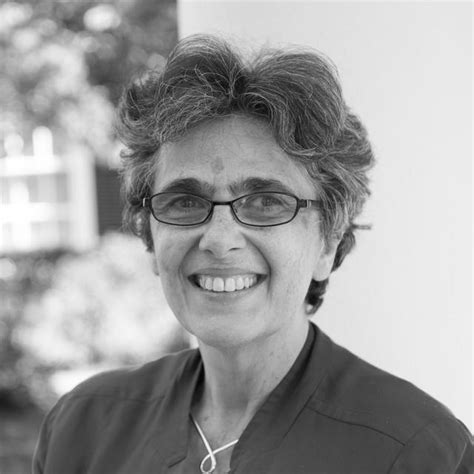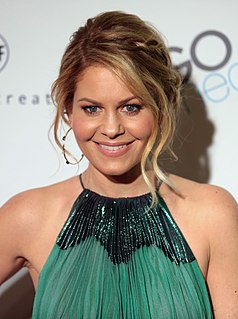A Quote by RuPaul
When you see magazine articles and you go, 'Oh my God, that one looks so old or look how fat someone is' it has very little to do with the person in question and more to do with the person who's asking the question. People don't want to believe their own mortality.
Related Quotes
Two questions help us see why we are unlikely to get what we want by using punishment... The first question is: What do I want this person to do that's different from what he or she is currently doing? If we ask only this first question, punishment may seem effective because the threat or exercise of punitive force may well influence the person's behavior. However, with the second question, it becomes evident that punishment isn't likely to work: What do I want this person's reasons to be for doing what I'm asking?
Because of my experience in Occupy, instead of asking the question, "Who will benefit from this system I'm implementing with the data?" I started to ask the question, "What will happen to the most vulnerable?" Or "Who is going to lose under this system? How will this affect the worst-off person?" Which is a very different question from "How does this improve certain people's lives?"
What happened to me is I gained a little weight so I could be more accessible to people. They're not like, 'Oh my God, he's, like, a male model comedian; yuck, ugh.' It's like, 'Oh, he's a little squishy; He's like me. He's accessible.' And girls are like, 'Look how cuddly he is. I just want to cuddle up in his neck fat and go to sleep.'
The person who wins the Nobel Prize is not the person who read the most journal articles and took the most notes on them. It's the person who knew what to look for. And cultivating that capacity to seek what's significant, always willing to question whether you're on the right track - that's what education is going to be about, whether it's using computers and the Internet, or pencil and paper, or books.
Does he treat you with respect at all times? That's the first question. The second question is, if he is the exact same person twenty years from now that he is today, would you still want to marry him? And finally, does he inspire to be a better person? You find someone you can answer yes to all three, then you've found a good man.
When someone asks me about violence, I just find it incredible, because what it means is that the person who’s asking that question has absolutely no idea what black people have gone through, what black people have experienced in this country, since the time the first black person was kidnapped from the shores of Africa.
My father raised us like... we were not allowed to see people in any sort of colors, but also we were not allowed to call people fat. If ever we were to say, 'Oh that fat person, or this person,' he would make us put a bar of soap in our mouth and count to 10. We weren't allowed to look at people like that.
My father raised us like … we were not allowed to see people in any sort of colors, but also we were not allowed to call people fat. If ever we were to say, ‘Oh that fat person, or this person,’ he would make us put a bar of soap in our mouth and count to 10. We weren’t allowed to look at people like that.
It's the most annoying question and they just can't help asking you. You'll be asked it at family gatherings, weddings, and on first dates. And you'll ask yourself far too often. It's the question that has no good answer. It's the question that when people stop asking it, you'll feel even worse. - WHY ARE YOU SINGLE?

































